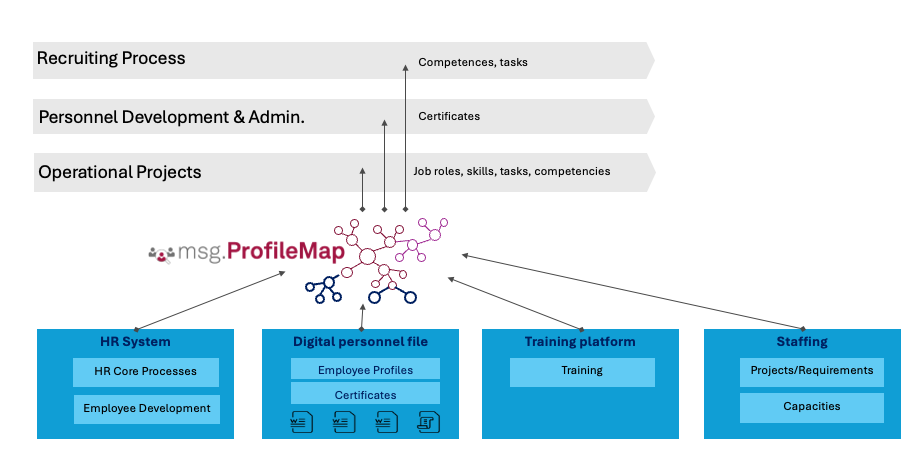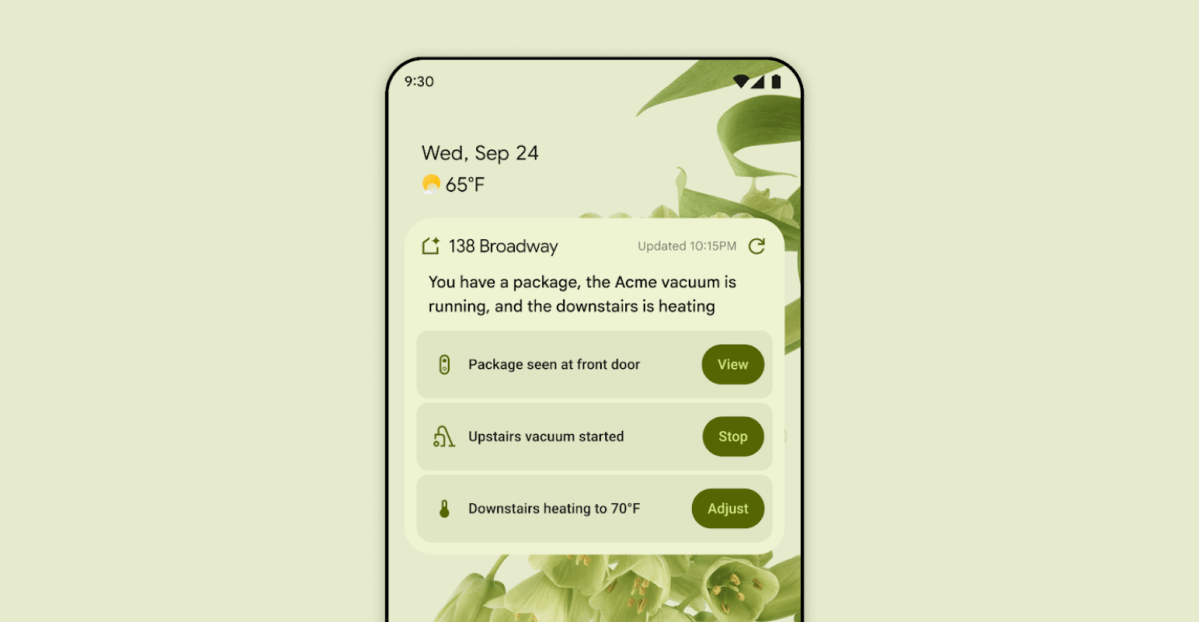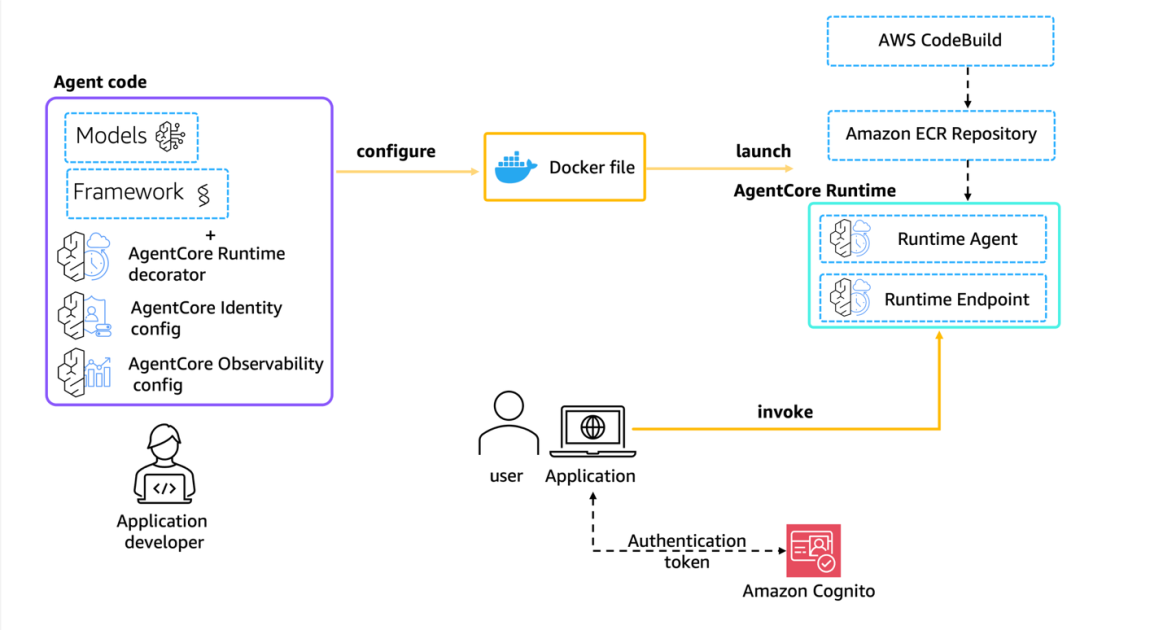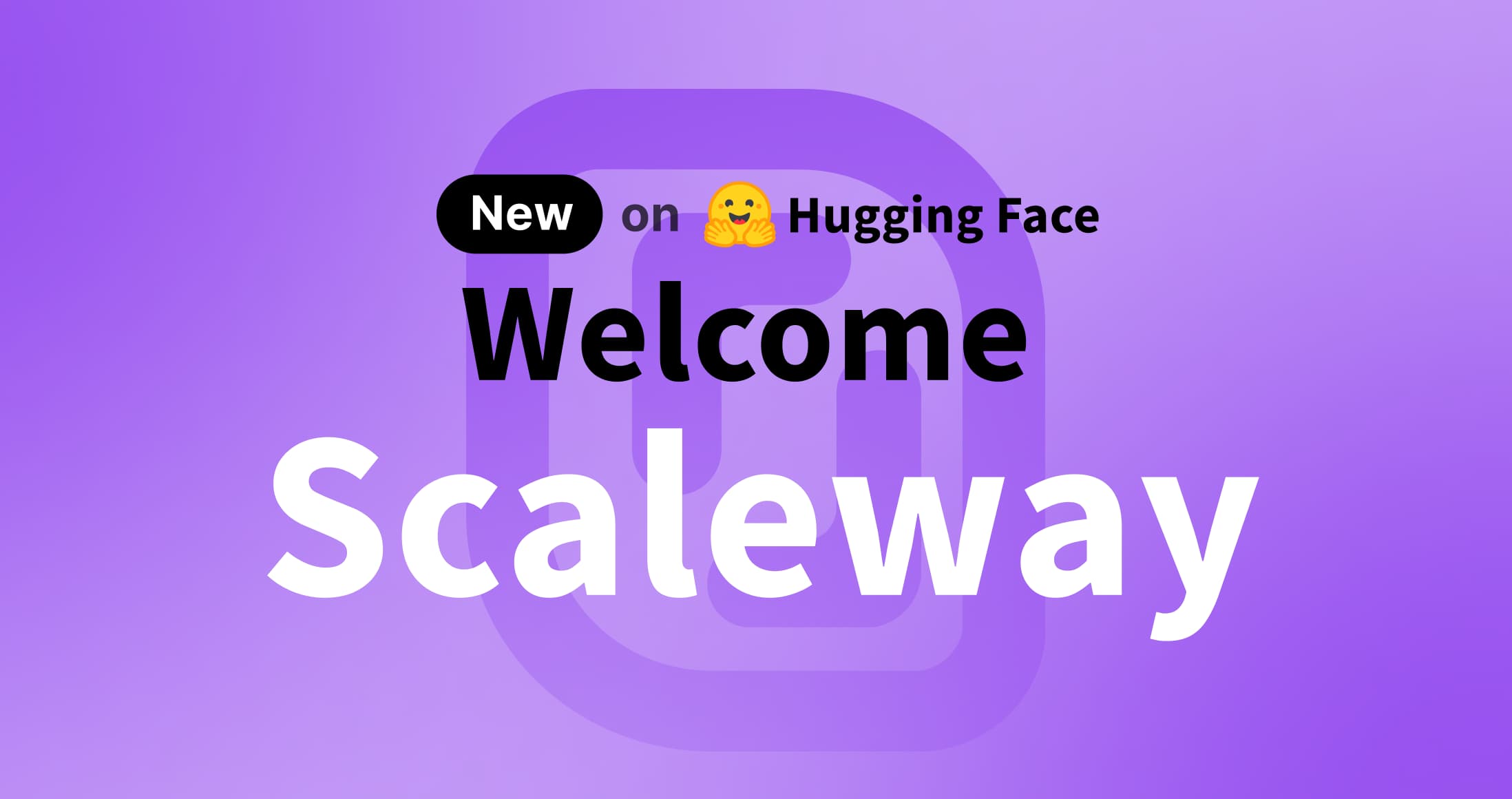
How msg enhanced HR workforce transformation with Amazon Bedrock and msg.ProfileMap
Sources: https://aws.amazon.com/blogs/machine-learning/how-msg-enhanced-hr-workforce-transformation-with-amazon-bedrock-and-msg-profilemap, https://aws.amazon.com/blogs/machine-learning/how-msg-enhanced-hr-workforce-transformation-with-amazon-bedrock-and-msg-profilemap/, AWS ML Blog
TL;DR
- msg.ProfileMap uses Amazon Bedrock to semantically enrich data and power its LLM-driven enrichment workflows for IT workforce concepts.
- The approach delivers higher accuracy in HR concept matching and reduces manual workload by a substantial margin, while improving alignment with EU AI Act and GDPR requirements.
- The architecture combines a robust text extraction layer, an AI-powered harmonization engine, and a hybrid retrieval method (vector-based and string-based) to align data across sources.
- Bedrock’s fully managed, serverless model access enables scalable, low-latency inference and auditable interactions, supporting compliant AI use in HR data.
- Benchmark results include 95.5% accuracy for high-probability merges in internal testing, 70%+ reduction in manual validation, and top performance in OAEI 2024 Bio-ML benchmarks (NCIT-DOID F1 0.918; Hits@1 > 92%).
Context and background
msg ProfileMap is a cloud-based SaaS solution for skill and competency management, designed to help HR and strategy teams map workforce capabilities, identify skill gaps, and implement targeted development programs. With over 7,500 users and a footprint that includes more than 10,000 experts across 34 countries, msg operates as both an independent software vendor and a system integrator in highly regulated industries. The solution is qualified as an AWS Partner software and is available on AWS Marketplace. HR and strategy teams rely on a centralized view of skills and competencies to drive better project staffing, workforce transformation, and long-term capability planning. However, HR data typically resides in diverse sources and formats—from relational databases and Excel files to Word documents and PDFs—and elements like personnel numbers or competencies can have different identifiers and text descriptions that mean the same thing. To address this, msg implemented a modular architecture optimized for IT workforce scenarios, designed to generalize beyond HR and IT domains. At the core of msg.ProfileMap lies a robust text extraction layer that converts heterogeneous inputs into structured data. This is followed by an AI-powered harmonization engine that ensures consistency across sources, avoids duplication, and aligns disparate concepts. The harmonization uses a hybrid retrieval approach that blends vector-based semantic similarity with string-based matching to link incoming data to existing entities. Amazon Bedrock is used to semantically enrich data, improving cross-source compatibility and matching precision. Extracted and enriched data are indexed and stored in Amazon OpenSearch Service and Amazon DynamoDB to enable fast, accurate retrieval. The framework is designed to be unsupervised and domain independent, although it is optimized for IT workforce use cases and has demonstrated generalization in other domains. msg.ProfileMap relies on several AWS services, notably Amazon Neptune, Amazon DynamoDB, and Amazon Bedrock. A full view of the solution architecture is described in their diagram in the original post. msg evaluated the framework through internal testing on IT workforce concepts and external benchmarking in the Bio-ML Track of the Ontology Alignment Evaluation Initiative (OAEI), an EU- and publicly funded research initiative that has evaluated ontology matching technologies since 2004. Internally, the system processed 2,248 concepts across multiple suggestion types. High-probability merge recommendations achieved 95.5% accuracy, covering nearly 60% of inputs, and contributed to a reduction of manual validation workload by over 70%, significantly accelerating time-to-value for HR teams. In OAEI 2024, msg.ProfileMap ranked at the top of the Bio-ML benchmark, with NCIT-DOID achieving a 0.918 F1 score and Hits@1 exceeding 92%, validating the engine’s generalizability beyond the HR domain.
What’s new
The key advance is the integration of Amazon Bedrock to power msg.ProfileMap’s LLM-driven data enrichment workflows. Bedrock provides a fully managed, serverless interface to leading foundation models, eliminating the need to manage infrastructure or deploy custom ML stacks. This aligns with msg’s SaaS delivery model through consumption-based pricing, where resources are used and billed only when needed. The Bedrock integration helped msg meet compliance goals under the EU AI Act and GDPR by enabling tightly scoped, auditable interactions with model APIs—crucial for HR scenarios handling sensitive workforce data. The overall framework remains modular, combining a structured data foundation with ontology-based harmonization and the benefits of Bedrock’s managed LLM capabilities. The result is an AI-powered workforce intelligence platform that is accurate, scalable, and compliant, ready to respond to today’s HR challenges while accommodating tomorrow’s needs. msg.ProfileMap is available as a SaaS offering on AWS Marketplace, and interested organizations can reach out via [email protected]. The post also notes that the content reflects the authors’ views and that AWS is not responsible for the content.
Why it matters (impact for developers/enterprises)
- Data quality and harmonization underpin critical HR activities such as candidate-role matching, internal mobility identification, skills gap analysis, and workforce development planning. By automating harmonization and reducing inconsistencies, organizations can improve decision quality and speed.
- The architecture demonstrates how a modular, domain-agnostic approach can scale with customer demand. Bedrock enables low-latency inference and elastic scaling, while the SaaS model ensures consumption-based pricing aligns with business needs.
- Compliance is enhanced through auditable model interactions. For HR use cases that handle sensitive data, the ability to scope and audit LLM calls helps organizations satisfy EU AI Act and GDPR requirements.
- The success in benchmarks (internal tests and OAEI 2024) provides evidence of generalizability beyond HR and IT domains, suggesting that similar harmonization strategies can be applied to other data-rich enterprise contexts.
Technical details or Implementation
| Component | Purpose | AWS Service |---|---|---| | Text extraction layer | Converts heterogeneous inputs into structured data | — | AI-powered harmonization engine | Ensures consistency, avoids duplication, aligns concepts | — | Hybrid retrieval | Combines vector-based semantic similarity and string matching | — | Data enrichment | Semantic enrichment with LLMs | Amazon Bedrock |Storage/Indexing | Fast retrieval and durable storage | Amazon OpenSearch Service; Amazon DynamoDB |Graph and relationships | Manage complex entities and links | Amazon Neptune | msg.ProfileMap is designed as an unsupervised, domain-independent framework with strong performance in IT workforce contexts and demonstrated generalization capabilities in other domains. The solution architecture emphasizes a modular flow: inputs are parsed by the text extraction layer, harmonization is performed by the AI-driven engine with a hybrid retrieval strategy, Bedrock enriches data semantically, and results are indexed for rapid search and downstream use.
Performance and benchmarks
- Internal testing on IT workforce concepts: 2,248 concepts processed; high-probability merges achieved 95.5% accuracy and covered about 60% of inputs; manual validation workload reduced by more than 70%. These results translated into faster time-to-value for HR teams.
- External benchmarking: OAEI 2024 Bio-ML Track, top performer across multiple biomedical datasets; NCIT-DOID F1 score of 0.918; Hits@1 greater than 92%, demonstrating robust generalizability beyond the HR domain.
Key takeaways
- Automating data harmonization with Bedrock-enabled LLM enrichment can improve HR concept matching accuracy while reducing manual effort.
- A hybrid retrieval approach that blends semantic and literal matching supports cross-source consistency and reduces duplication.
- Fully managed, serverless Bedrock access simplifies integration, scales elastically, and supports auditable model interactions for compliance.
- The solution is designed to be domain-independent and adaptable beyond IT and HR, enabling broader enterprise data harmonization use cases.
- Benchmarks show strong performance both in internal tests and in external ontology alignment benchmarks, highlighting the platform’s robustness.
FAQ
-
What is msg.ProfileMap and how does Bedrock fit in?
msg.ProfileMap is a SaaS for skill and competency management. It uses a modular architecture with a text extraction layer and a harmonization engine, and Bedrock provides semantic enrichment for LLM-driven data workflows, improving matching precision.
-
What performance gains were observed?
Internal testing yielded 95.5% accuracy for high-probability merges and a reduction of manual validation workload by over 70%. In OAEI 2024, the solution ranked at the top in Bio-ML benchmarks with a 0.918 F1 on NCIT-DOID and Hits@1 over 92%.
-
How does Bedrock help with compliance?
Bedrock enables tightly scoped, auditable interactions with model APIs, which supports compliance goals under the EU AI Act and GDPR for HR data use cases.
-
Is the framework limited to HR or IT domains?
The framework is designed to be unsupervised and domain independent, optimized for IT workforce use cases but demonstrated strong generalization capabilities in other domains.
-
How can organizations access msg.ProfileMap?
msg.ProfileMap is available as a SaaS offering on AWS Marketplace. Interested teams can contact [email protected] for more information.
References
More news
First look at the Google Home app powered by Gemini
The Verge reports Google is updating the Google Home app to bring Gemini features, including an Ask Home search bar, a redesigned UI, and Gemini-driven controls for the home.
NVIDIA HGX B200 Reduces Embodied Carbon Emissions Intensity
NVIDIA HGX B200 lowers embodied carbon intensity by 24% vs. HGX H100, while delivering higher AI performance and energy efficiency. This article reviews the PCF-backed improvements, new hardware features, and implications for developers and enterprises.
Shadow Leak shows how ChatGPT agents can exfiltrate Gmail data via prompt injection
Security researchers demonstrated a prompt-injection attack called Shadow Leak that leveraged ChatGPT’s Deep Research to covertly extract data from a Gmail inbox. OpenAI patched the flaw; the case highlights risks of agentic AI.
Move AI agents from proof of concept to production with Amazon Bedrock AgentCore
A detailed look at how Amazon Bedrock AgentCore helps transition agent-based AI applications from experimental proof of concept to enterprise-grade production systems, preserving security, memory, observability, and scalable tool management.
Predict Extreme Weather in Minutes Without a Supercomputer: Huge Ensembles (HENS)
NVIDIA and Berkeley Lab unveil Huge Ensembles (HENS), an open-source AI tool that forecasts low-likelihood, high-impact weather events using 27,000 years of data, with ready-to-run options.
Scaleway Joins Hugging Face Inference Providers for Serverless, Low-Latency Inference
Scaleway is now a supported Inference Provider on the Hugging Face Hub, enabling serverless inference directly on model pages with JS and Python SDKs. Access popular open-weight models and enjoy scalable, low-latency AI workflows.





